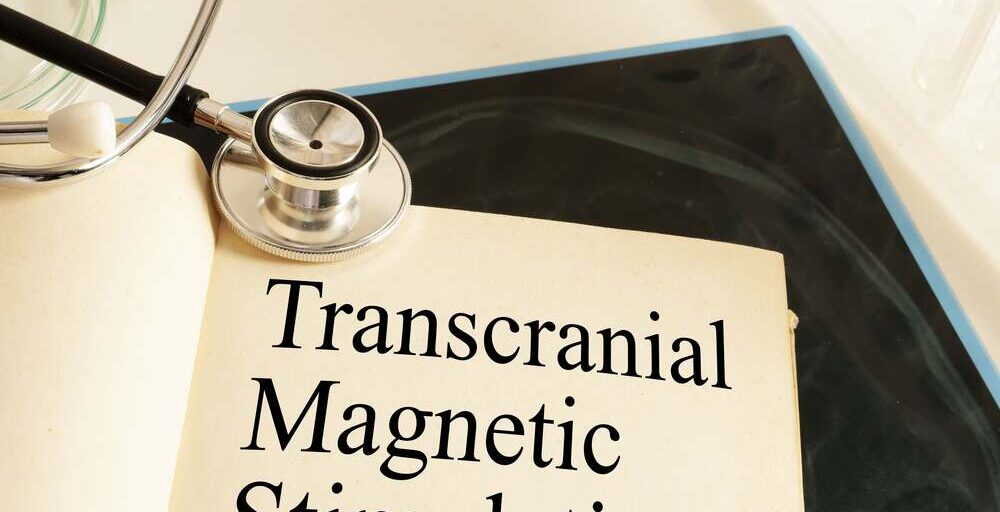
The Role Of Psychologist For Autism Spectrum Disorder (ASD)
Autism spectrum disorder (ASD) is a complex neurodevelopmental condition that requires specialized, multi-faceted care. A psychologist for autism plays an important role in providing individualized support, from diagnosis to therapeutic interventions, for those with ASD. With expertise in behavior, cognition, and emotional support, psychologists are important in enhancing the quality of life for individuals with […]










